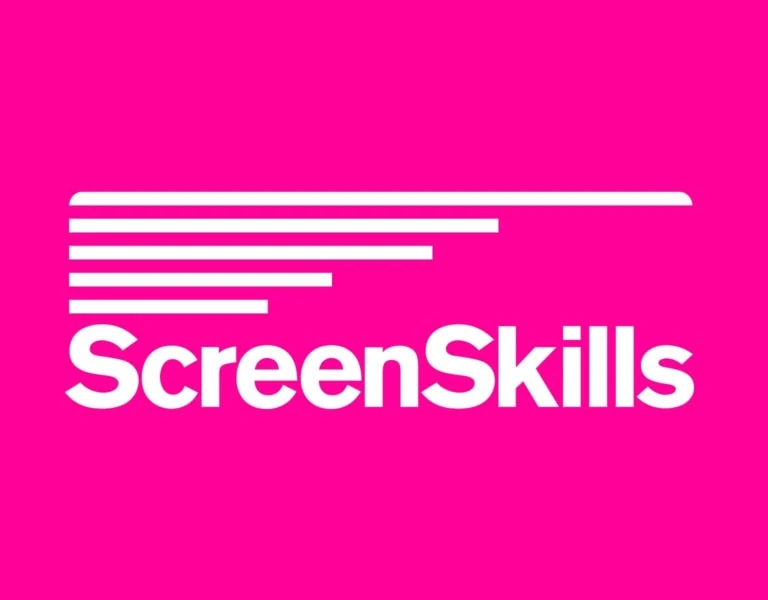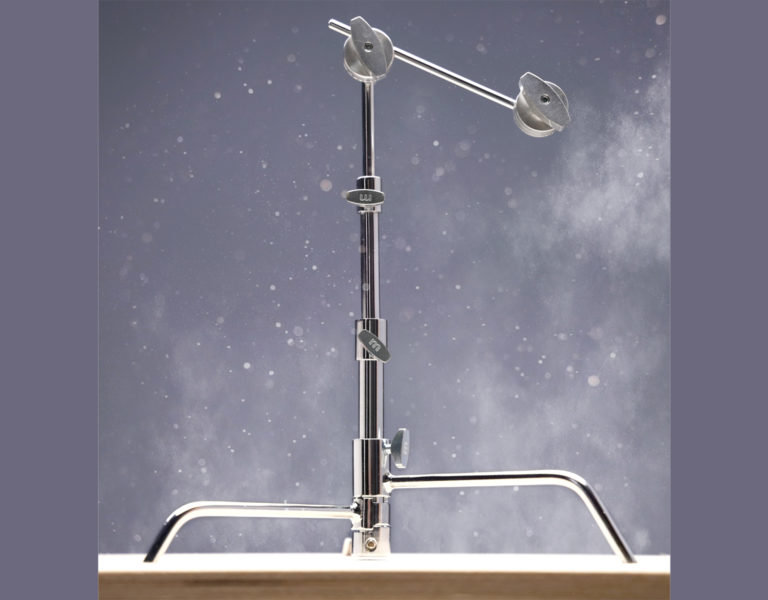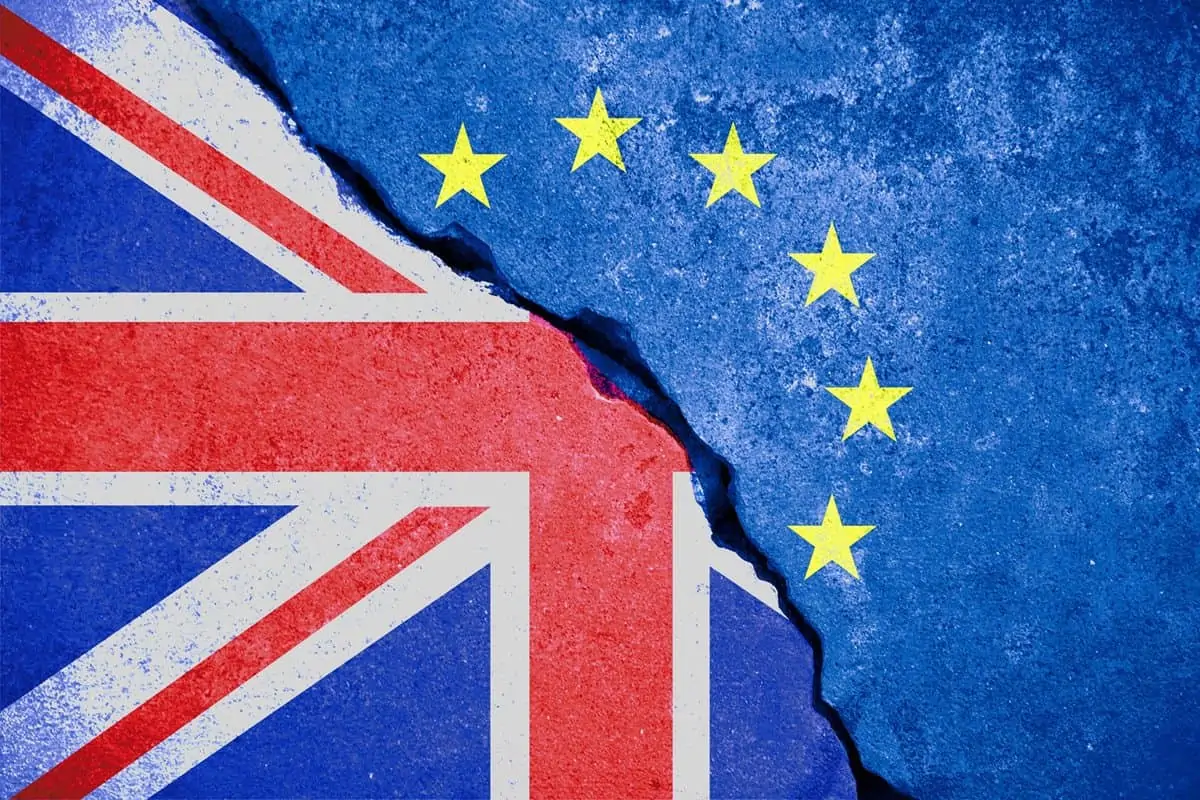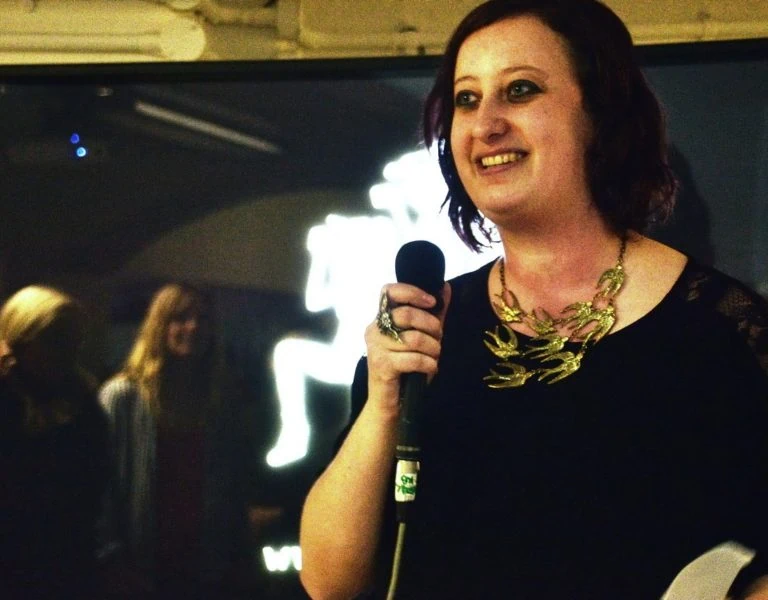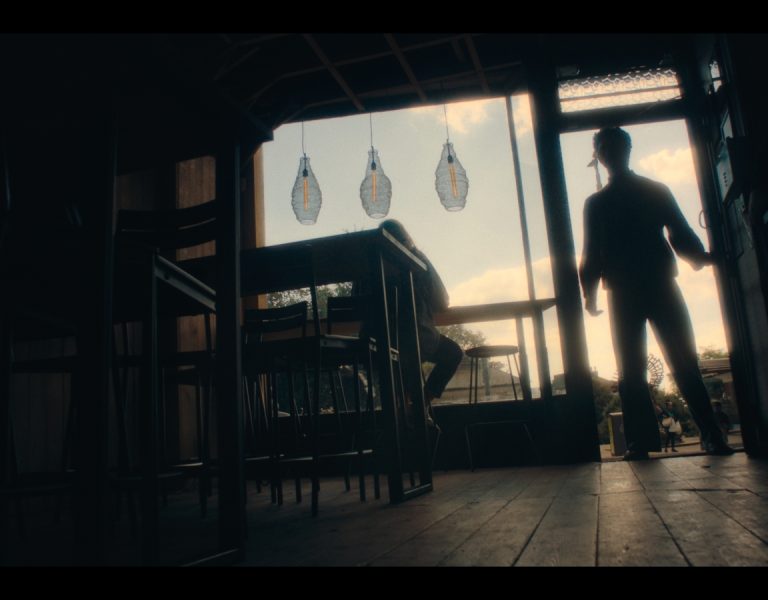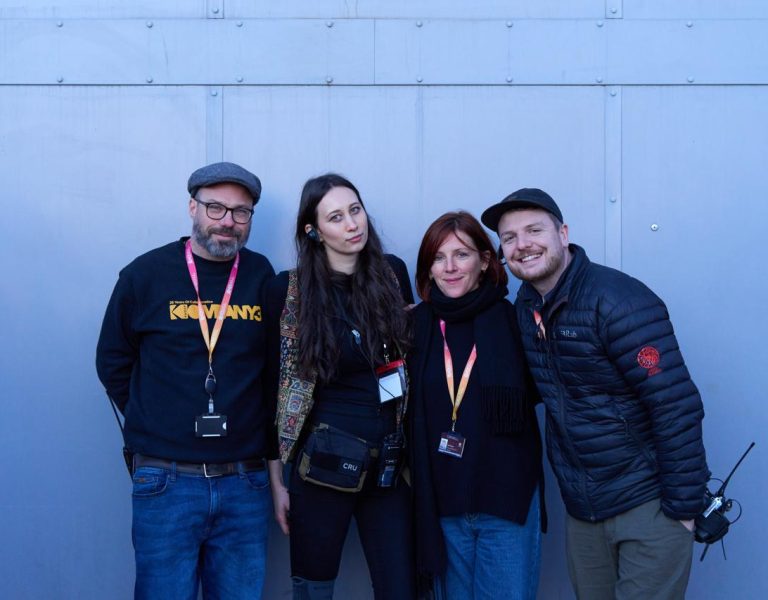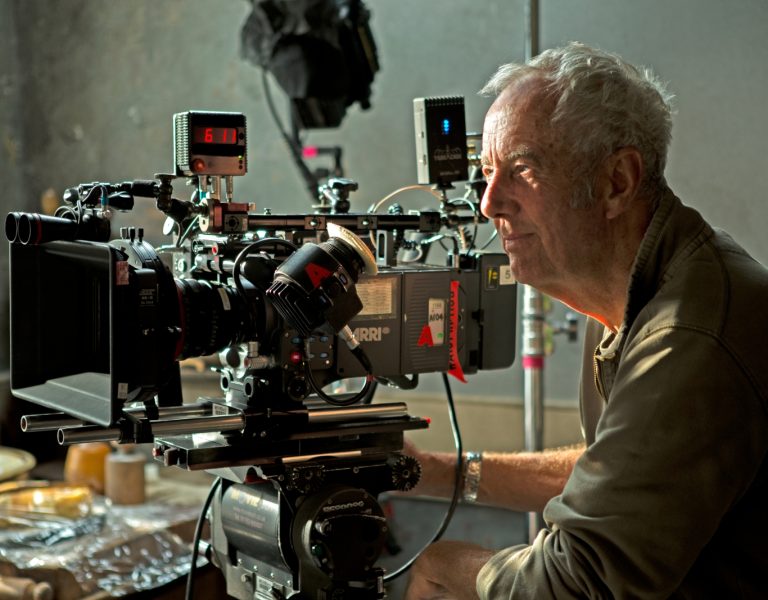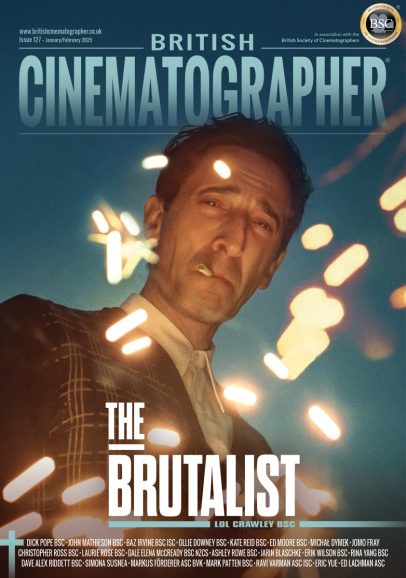Welcome to the third chapter in RA Agency’s series on mental health, well-being, inclusion and bullying within the UK film industry and how these issues affect those working behind the scenes.
According to the UK Government Guide to Workplace Bullying and harassment, this entails behaviour that makes someone feel intimidated or offended. Harassment is unlawful under the Equality Act 2010. Examples of bullying or harassing behaviour include spreading malicious rumours, unfair treatment, picking on or regularly undermining someone, or denying someone’s training or promotion opportunities. The guide also states that bullying and harassment can happen face-to-face, by letter, email, or phone.
Bectu has published a more specific Guide to bullying and harassment for those working in the film and TV Industry.
Many victims are in denial, and it can take years to look back on the situation with more understanding about what bullying and harassment really are. Just admitting that one has been bullied or harassed is a great barrier to overcome. As we made reference to in our first chapter, before, it was up to the victims to recognise the situation and it was also their responsibility to report it.
Kate Wilson, Jules Hussey, and Delyth Thomas are the co-founders of Call It!, an app designed to monitor and prevent bullying and harassment in the workplace. Wilson and Hussey are producers and Delyth is a director, and they have all experienced bullying and harassment throughout their careers. Call It! asks everyone working on a production to check in every day to tell producers how they are being treated and whether they have experienced or witnessed bullying or harassment at work. The producer (or project lead) has access to a live dashboard that presents the data, allowing them to quantify workplace culture day by day and intervene where required.
Wilson says, “By alerting producers that bullying or harassment is happening, it gives them the opportunity to go and talk to the cast and crew and remind them that there is a zero-tolerance approach and make sure that training is being provided if reports keep coming through.”
The app is a simple tool that can catalyse powerful behavioural change by making everybody collectively accountable for workplace culture. It is founded on assumptions that Wilson trusts are shared by the entire industry, “Call It! assumes that everyone wants to be treated well and wants to treat others well, and that leaders would rather know if poor behaviours were happening on our watch than remain ignorant of them. I’m hopeful that those assumptions are not misplaced!”
2021 saw the launch of the Bullying Pathway Service (Charity launches new bullying support services for workers in film, TV and cinema), which is unique in offering confidential and industry-specific legal, HR, and mental health support for anyone who has experienced or witnessed bullying or harassment. Now we have come to a better understanding that it is not the victims’ responsibility, nor is it their fault. We think the answer is to have a trained wellbeing facilitator on set as we have also stated in previous chapters. There must be someone there who can recognise the patterns of behaviour. They are the ones who can report to those with responsibility and take action.
Bullying or harassment can happen in a split second and if it is not acted upon immediately it is generally shelved. However, if someone pulls the victim away for a private and confidential conversation and they comment that they noticed something had happened, he or she is almost forced to recognise it. Sometimes we need to be told we are being bullied.
According to the information published by the Film & TV Charity https://filmtvcharity.org.uk/your-support/support-line/ the informal culture and normalised behaviours in film and TV can make it hard to identify bullying or to feel confident that certain behaviours are unacceptable. ‘This can be confusing and lonely’, they assure. All in all, if the behaviour you are experiencing relates to any of the ‘protected characteristics’ of the Equality Act 2010 you are protected by Law against discrimination, including racism, harassment and victimisation.
Screenskills offers a 30-minute online module designed to help us recognize and address bullying and harassment behaviours in ourselves and others, which is well worth doing: Tackling harassment and bullying at work – ScreenSkills.
Take a look at the following tips provided by the Bullying Pathway Service
Check out the Bafta anti-bullying guidelines for more information: Bullying, harassment and racism prevention guidance | BFI
This includes the following template for employers to adapt: bfi-dignity-at-work-policy-2020-07-06.pdf
Remember that everyone has the right not to be harassed in the workplace and victimisation (being picked on because you complained) is also unlawful.
Article by Lulu Elliot and Gabrielle Rey, RA Agency




